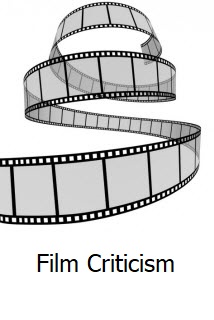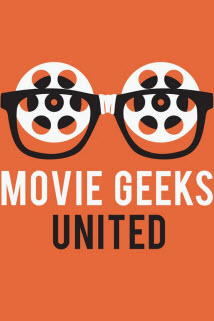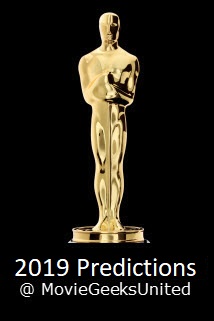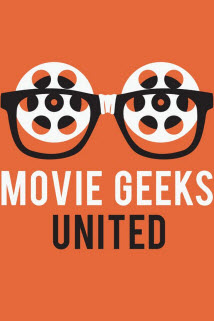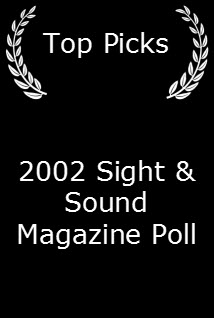BlacKkKlansman (2018)


Content by Tony Macklin. Originally published on August 17, 2018 @ tonymacklin.net.
BlacKkKlansman is three different films.
Part is propaganda, part is entertainment, and part is serious social criticism.
All three struggle for supremacy on the screen. The struggle is blatant and erratic.
The most obvious part of BlacKkKlansman is propaganda. Director Spike Lee targets racism - a very deserving target. But his touch is manipulative to a fault.
Spike uses D.W. Griffith's The Birth of a Nation (1915) as a pawn in his checker game. He employs Griffith's film as a fundamental cause of racism.
In a crucial scene Spike juxtaposes footage of an old man (Harry Belafonte) telling a group of black students how he saw a young, retarded friend of his brutally tortured and killed by a white mob and then turned into a figure of entertainment for white folks. Obviously that experience is horrible, disgusting, and evil.
Spike crosscuts to a sequence of a mostly moronic audience of David Duke (Topher Grace) and the Colorado Springs chapter of the KKK watching a screening of The Birth of a Nation, shoveling popcorn into their mouths, whooping at the violence against negroes and spouting racism.
Is Spike Lee responsible for the morons who see his films?
In BlacKkKlansman, Spike portrays The Birth of a Nation as hack work, and therefore Griffith is a chickenshit racist.
Contemporary culture has thrown Griffith's masterpiece on the cinema junk heap. Let's dumb down cinema.
The best film critic of all-time is James Agee. Agee was a fervent liberal. Former president Jimmy Carter said his favorite book was Let Us Now Praise Famous Men, in which Agee wrote about his experiences living with poor sharecroppers in Alabama.
When Griffith died in 1948, Agee wrote, in The Nation magazine, a lengthy, masterly appreciation of him and his work I recommend it to everyone. It's easily accessed on the web.
About Griffith's seminal film, Agee writes, "The Birth of a Nation is equal with Brady's photographs, Lincoln's speeches, Whitman's war poems; for all its imperfections and absurdities it is equal, in fact, to the best work that has been done in this country."
Agee goes on to state the influence of Griffith: "There is not a man working in movies, or a man who cares for them, who does not owe Griffith more than he owes anybody else."
Griffith used cross cutting in The Birth of a Nation. Guess who uses it in BlacKkKlansman?
Obviously, it's a leap to see Griffith as a malicious racist. When I first saw The Birth of a Nation, I didn't cheer the Klan.
Marty Scorsese and Paul Schrader loved John Ford's The Searchers (1956). Did they hate Indians? Ford and Griffith evolved in their later work.
Is Hitchcock promoting serial killing?
Were all the people who loved westerns supporters of vicious killers as many of the western heroes were in actual life? Billy the Kid was a nice boy?
Spike Lee calls his films "joints." Is Spike promoting drug addiction? Some of his characters in BlacKkKlansman promote racial war. I doubt Spike Lee does.
I admit I can't see BlacKkKlansman with the same vision and experience of an African-American, but I can try to understand it. Dwight Macdonald said, "A reviewer tells what the audience thinks. A critic tells what he thinks."
An African-American friend of mine told me he didn't like Black Panther. I was surprised, but he thought it was just another Marvel production.
In 2018 politics are rotten. Can a principled candidate ever win? Probably not. Vicious spin overwhelms evidence. There's only room for banking, not compromise.
I'm sure most liberals today see The Birth of a Nation as evil. It can't be a work of art anymore. When did the criteria change?
BlacKkKlansman is fairly successful as entertainment.
Spike is well-served by a gifted cast. David Washington gives a strong performance as Ron Stallworth (although he doesn't have the charisma of his dad. But who does?)
Adam Driver gives the film's best performance as he palpably humanizes the thoughtful vulnerability of Flip Zimmerman.
Laura Harrier is appropriately fetching as activist Patrice Dumas.
The music by Terence Blanchard heightens feeling, and the cinematography of Chayse Irvin is evocative.
With the help of three other writers Spike gives Ron Stallworth's pedestrian memoir some zing. They add an extra "k" to the title.
The story is about Stallworth's experience on a police force in Colorado and his joining the KKK by phone, with Zimmerman being his physical representation.
Spike Lee's touch enlivens several scenes of absurdity. But his quicksilver tone wavers throughout - springing from the absurd to the sentimental.
Spike's dependence on manipulation limits his serious social criticism. We hardly need continual shots of earnest faces to tell us how to feel.
But despite its sputtering, and its cheap shots, BlacKkKlansman has a powerful drive.
James Agee is a great critic. I'm a good critic.
D.W. Griffith's The Birth of a Nation is a great film.
BlacKkKlansman is a good film.
